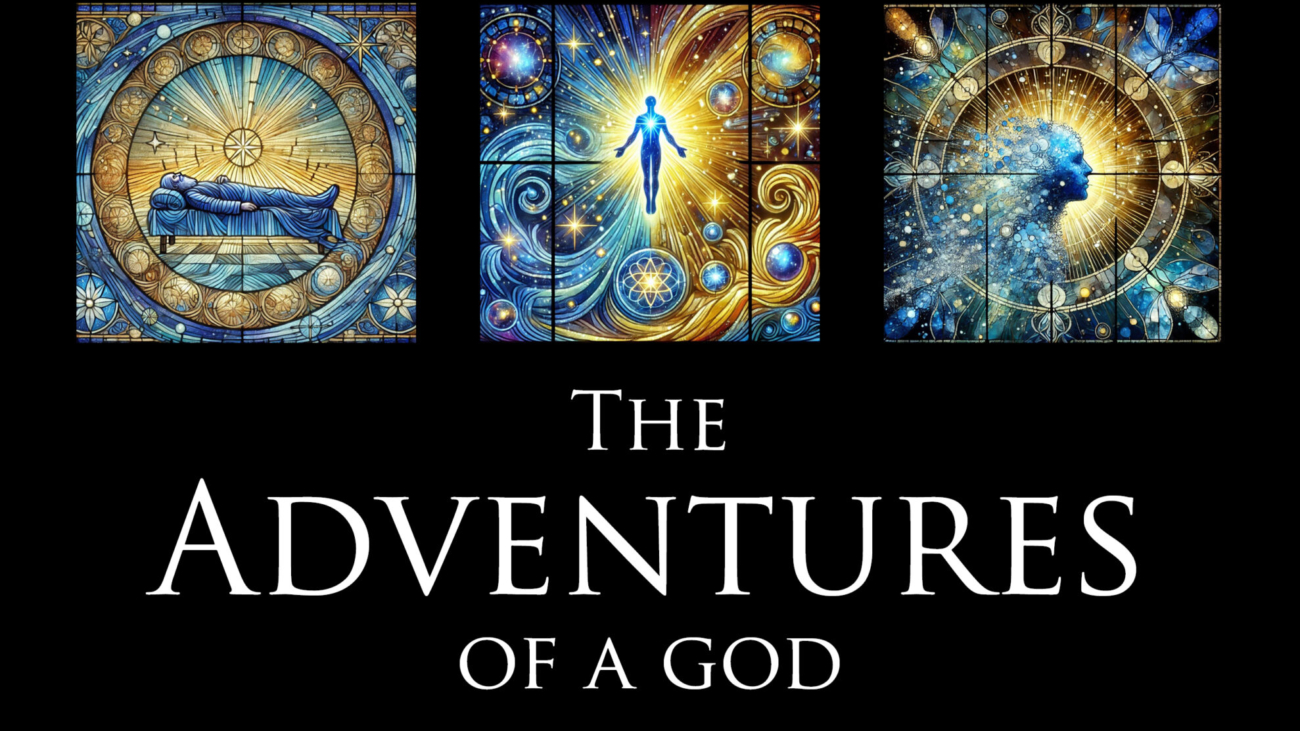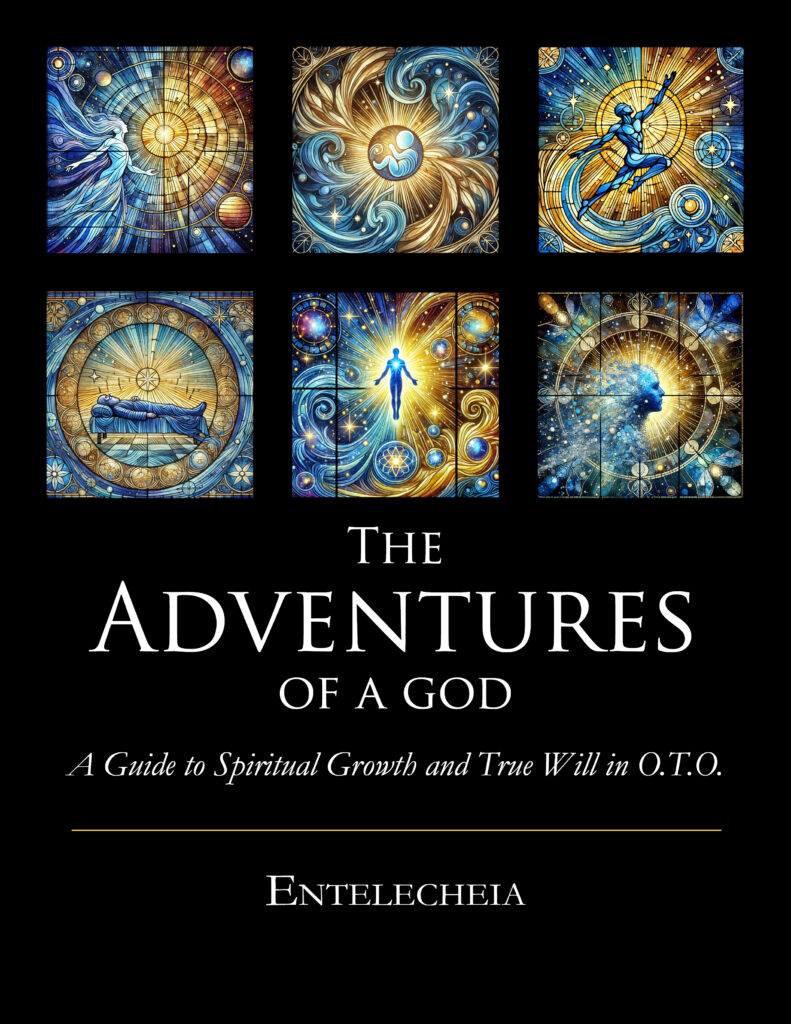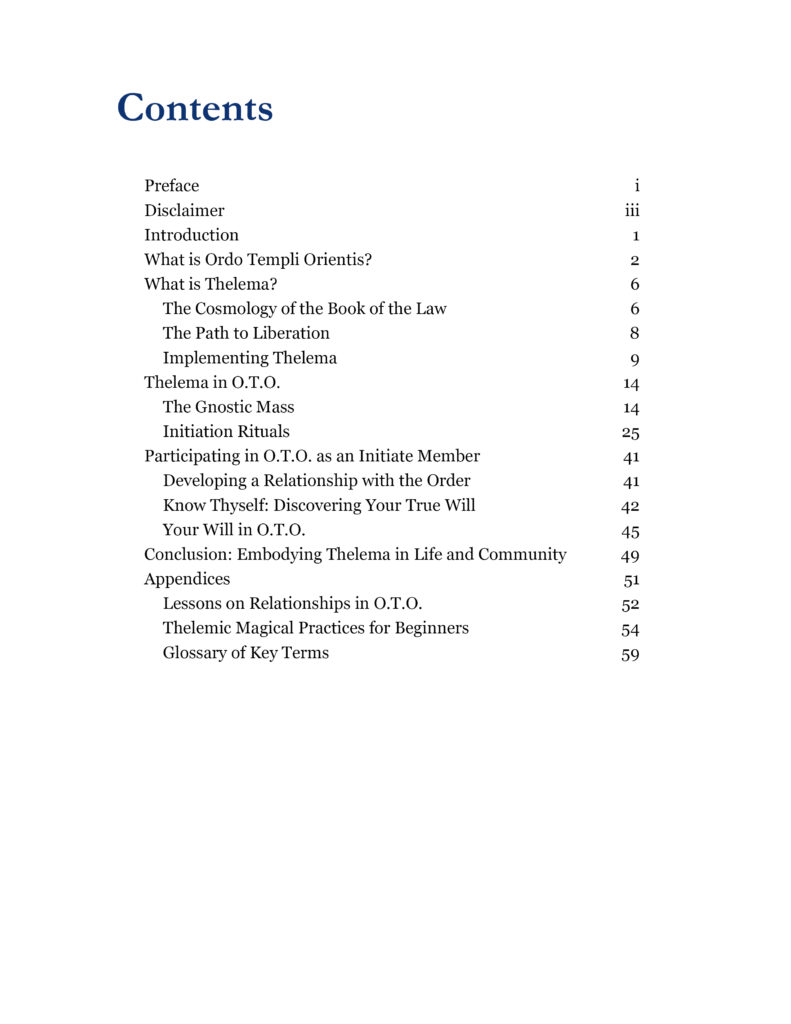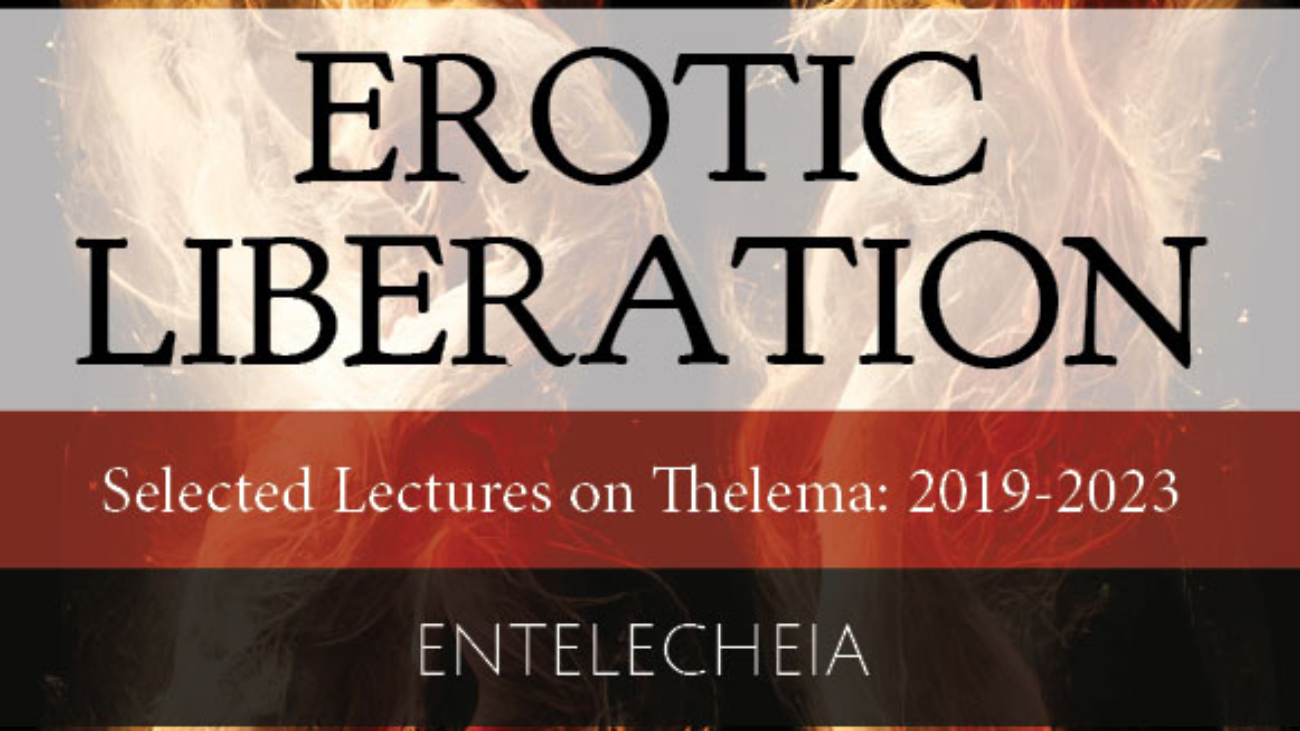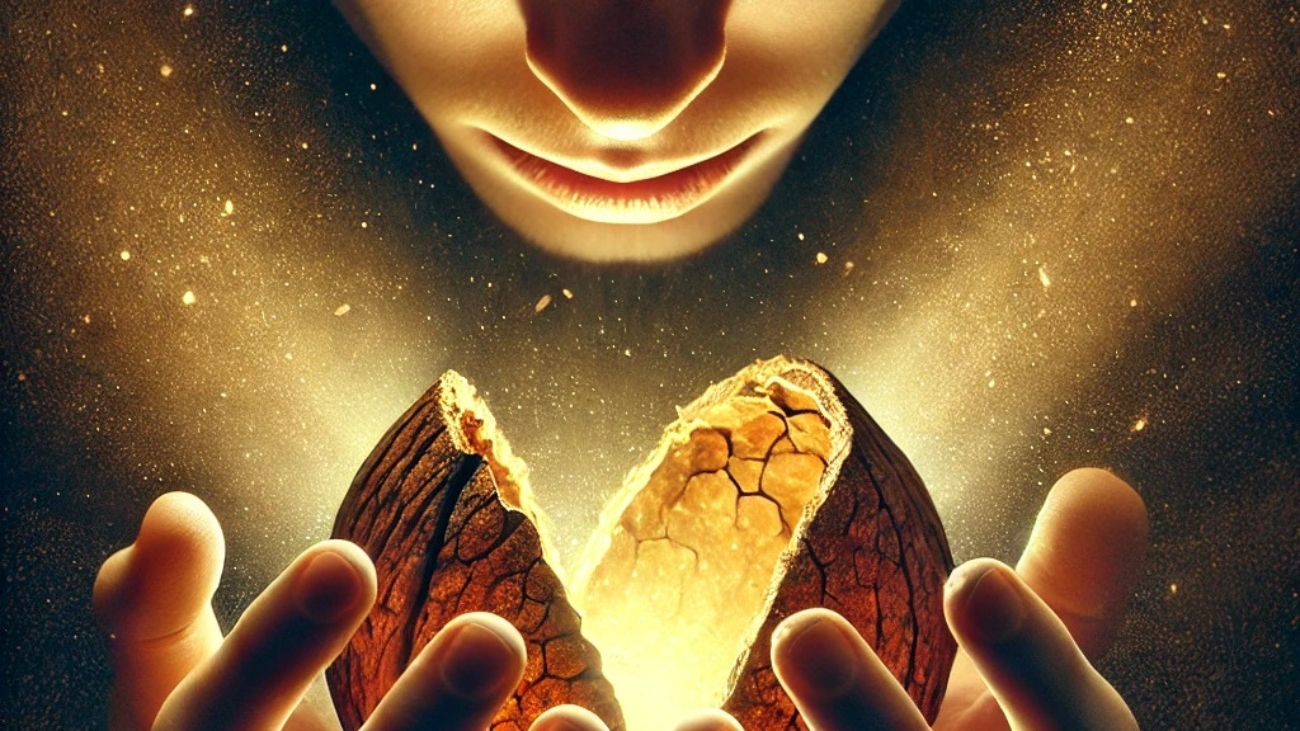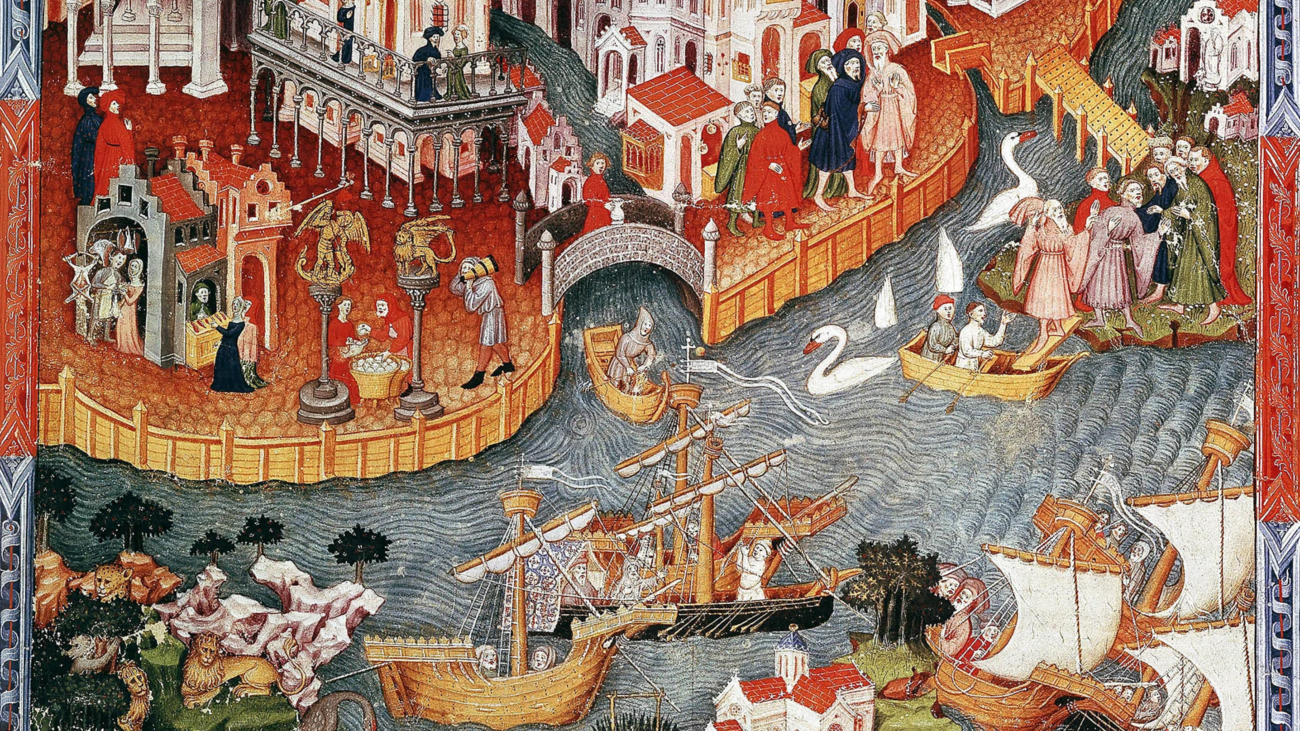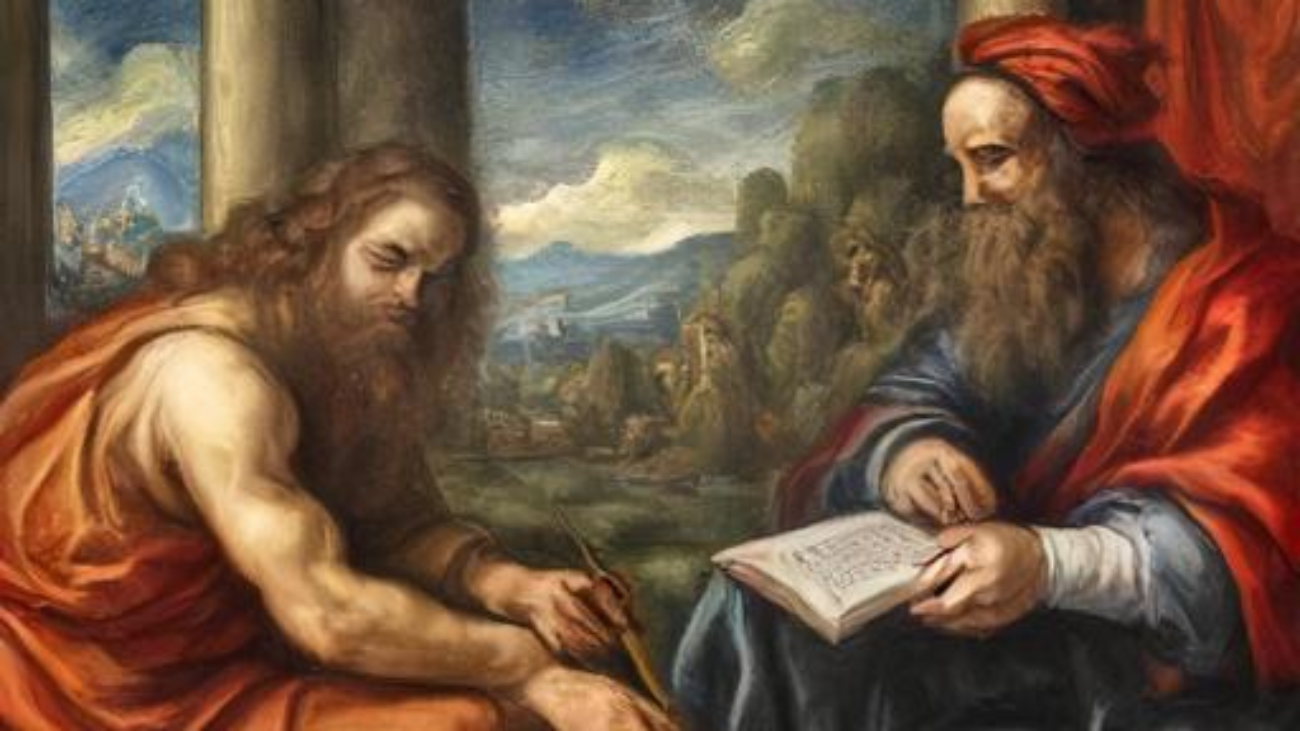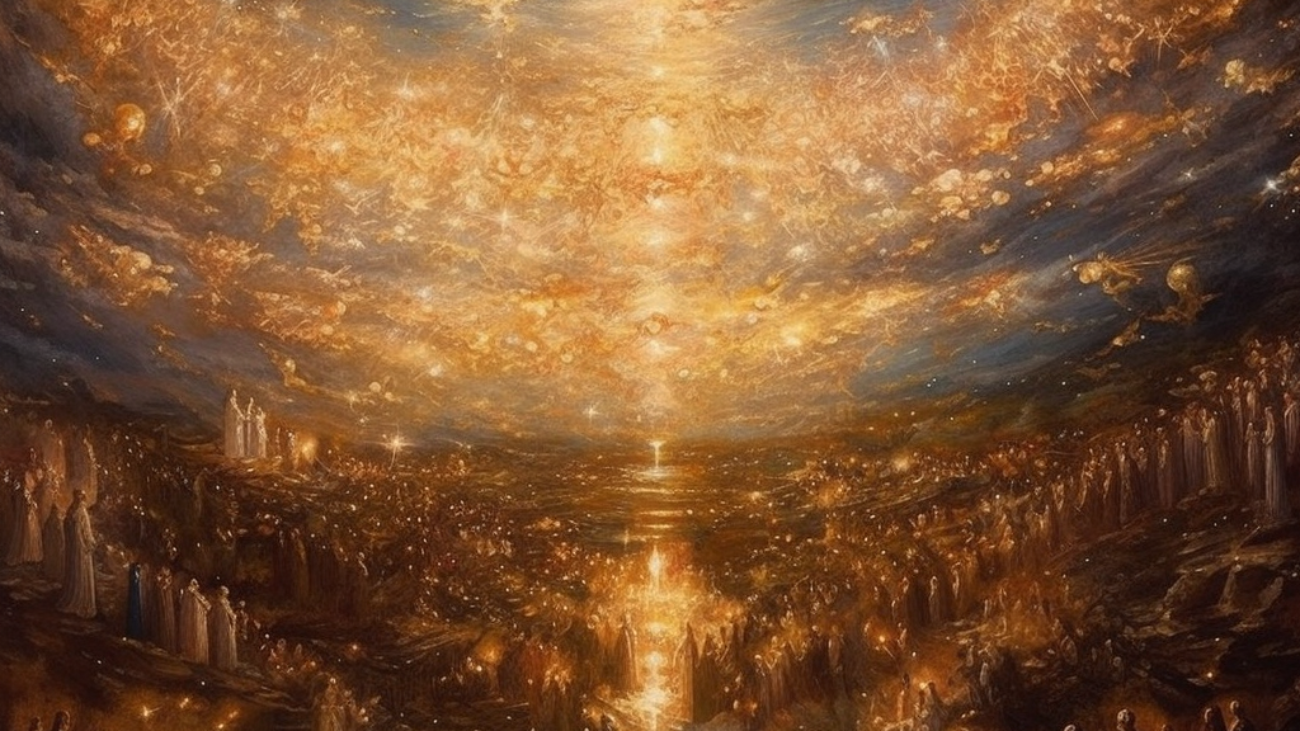Excerpt from Nothing Comes from Nothing: The Minerval Initiation and the Thelemic Cosmology, delivered Oct 21, 2023 for Shangri-La Oasis in Gdansk, Poland.
What is an interpretation?
For our purposes, I will assume the dictionary definition of interpretation: the action of explaining the meaning of something. The meaning of something is its implicit or explicit significance or purpose. To explain something means to relate it in simpler, easier to understand terms. So an interpretation of a rite or ritual (e.g., an initiation ritual of OTO or the Gnostic Mass) will communicate the significance or purpose of the rite or ritual. It will explain its words, symbols, and actions in terms that render their meaning clearer.
From this definition it follows that there are better and worse ways to interpret something. An interpretation that renders the meaning of a rite or ritual more comprehensible than what we find in the ceremony itself will count as a better interpretation than one which renders that meaning equally or more obscure. Additionally, simply describing the ritual in one’s own terms without clarifying the ritual’s purpose would not count as an interpretation at all. All of this follows from the generally accepted meaning of the word interpretation.
Already this project is liable to arouse controversy, amusement, suspicion, and even anger. Who am I to interpret the rites and rituals of Ordo Templi Orientis? Who is anyone to interpret any aspect of Thelema for anyone else? Our rites are written in symbol and allegory. They are open to many different interpretations, none inherently better than another. Besides—so goes this argument—our initiations are meant to be experienced, not interpreted or talked about. It is up to each person to take from our ceremonies what they will. Filling a person’s head with interpretations interferes with the exercise of their own will. In short, it is not possible to interpret our rituals, and if it were possible, it would not be good to do.
But notice how this objection assumes its conclusion as a premise. How can we be so sure that the meaning of our rituals is supposed to be a purely individual matter? What proof is there that we’re violating the purpose of the rituals when we try to interpret them? The idea that we’re not supposed to interpret our rites is itself an interpretation. It’s an interpretation of our rituals according to which their purpose is exclusively for self-discovery, self-exploration, or self-satisfaction. Such an interpretation assumes our initiations serve no higher, collective purpose. But what evidence is there that Crowley intended that? Mere assertion of a claim without evidence is dogma, and dogma is the enemy of freedom.
But even if we grant that offering a good interpretation of a ceremony is desirable, this still doesn’t answer the question of whether it is possible. As mentioned, our rites communicate their meanings by means of allegory and symbol. By their very nature, the meaning of symbols is equivocal and context-dependent. They admit many different interpretations. This leads many individuals, when they attempt to interpret a ceremony like the Minerval initiation or the Gnostic Mass, to disclose as many meanings of its symbols as possible.
To use the Gnostic Mass as an example, a lance can represent the sexual organ of the Priest, the will of the Priest, the generative principle more generally, or it could be regarded as a weapon. Solar symbolism recurs throughout the Gnostic Mass. The sun could signify aspiring to wisdom, enlightenment, union with God, or Tiphareth on the Tree of Life. It could signify a desire for wholeness, fertility, goodness, resurrection, or any of the many things symbolized by the sun. Bread could symbolize Earth, nourishment, or agriculture. Eating it could represent a magical link with the planet Earth or with nature. Baphomet could be regarded as a symbol of the Devil and Atu XV. He could be equated with the phallus. Crowley also connects him with the Fool and Atu 0. He is also referred to as the Lion-Serpent, which could be regarded as the Holy Guardian Angel, a symbol of the sperm cell, or a symbol cognate with Harpocrates. According to Levi, Baphomet is also the sphinx of the occult sciences, which opens the door to bring in other concepts from Levi’s works and to apply them to the Mass.
But notice what we have done. By unpacking just some of the possible meanings of some of the symbols, we have actually increased the complexity of the ritual by an order of magnitude. This is the exact opposite of offering an explanation or an interpretation. It’s a bit like saying you’re going to reorganize your hall closet, so you take everything out of it, and instead of putting everything away in a more organized fashion, you instead leave the contents strewn throughout your house and out on to the front lawn and sidewalk.
But then how do we organize all of this information to create an interpretation? How are we to connect all of this information together so as to make sense of it? Different people are going to connect this information together in different ways depending on what they think or feel is most important. And there is not going to be any way to decide between them. It’s easy to understand why someone would look at this and question the use of having this much academic knowledge about all of the symbols. What difference does it make knowing 100 different meanings for the sun or bread? At the end of the day, you’re no closer to the truth than someone who associates the sun with a tan and the bread and salt with a quick snack.
This entire procedure where we attempt to read the meaning of the ritual off of its symbols is destined to failure. It cannot work. You will never be able to explain the implicit meaning or significance of the the Gnostic Mass or any of the initiation rituals of OTO by trying to decode the symbols. It’s too subjective.
So instead, I propose doing the opposite. Instead of starting with the symbols and attempting to read the meaning off of them, let’s begin with the purpose of the rite or ritual and then show how the symbols, words, and actions in the ceremony bring that purpose to life as a drama—similar to how light projected through a lens produces a motion picture on a screen.
We don’t need to know all 100,000 possible meanings of the sun. We just need to know the one or two Crowley needs to bring his intention to life.
Our problem set has suddenly become much more manageable. We don’t have to know every single thing Crowley ever wrote about the lance or Baphomet. We don’t have to have a comprehensive understanding of the history of how columns are used in Freemasonry and the Golden Dawn. We can put away the Captain Midnight decoder ring.
We only have to know one thing now: What was Crowley trying to do?
But this in turn raises another very important question: How do we figure out what Crowley was trying to do?
We don’t need to answer this question perfectly. We don’t need to say with absolute, unshakable certainty, beyond any shadow of a doubt, Crowley intended X when he wrote the Gnostic Mass. We just need an interpretation that is good enough. We need an interpretation that is plausible.
What does it mean to be plausible?
I am going to treat a claim as plausible if it satisfies three requirements:
- It should be well-supported. For our purposes, things Crowley said about the ceremony in question, the rites and rituals of OTO more generally, and Thelema more generally will count as strong support. Something Adam Weishaupt said in the 18th century about the Minerval will be less important.
- It should be cognitively fluent. In other words it should be easy to understand, recall, and apply.
- It should have implications. It should allow us to go on to understand a lot of the symbolism of the rite or ritual under question. Better yet, it should deepen our understanding of Thelema, the mysteries of O.T.O., and ourselves. It should be empowering.
Claims that are well-supported but are not empowering are trivial and easily forgettable. For example, the idea that the Gnostic Mass emphasizes the importance of Thelema and finding your will is self-evidently true, but there are few if any implications to it. It doesn’t tell us why Thelema or doing our will is important. It doesn’t tell us why we need this complex drama and these symbols to convey that message. And it doesn’t say anything about how this goal relates to OTO. If someone tells you the Gnostic Mass is about doing your will and the importance of Thelema, your natural reaction will be, “So what?”
If an interpretation promises a lot of power but isn’t well supported, it is far-fetched. For example, there is an interpretation of the Man of Earth initiations according to which they describe the soul’s descent into the Tree of Life. This is an interesting interpretation, and if true, it could explain some aspects of the initiation ceremonies. But its sole support is a handful of marginal notes Crowley made attributing the Man of Earth initiations to the chakras. It’s an idea that purports to explain many aspects of the rituals, but compared with how much it purports to explain, its support is thin. So while it is both elegant and compelling, by my definition it is far-fetched.
When an interpretation is only fluent but has very little support and few implications or perhaps mostly negative implications, it is the type of interpretation that sounds interesting but ultimately means nothing. For example, consider the idea that the initiation rituals of OTO have the power to magically destabilize the lives of the initiation candidates in unpredictable or uncontrollable ways. It’s common to hear in the United States that you will break up with your boyfriend or girlfriend after such and such a degree, and another initiation will give you car trouble or lead to you losing your job. Again, there is no reason to believe Crowley intended the Man of Earth initiations to have this kind of power. There is no evidence that OTO’s initiators even have the ability to direct these kinds of magical forces. It’s not as though directing magical energy is part of the training to become a certified initiator. And all of the implications are disempowering to the candidate. In fact I would question the judgment of someone who volunteered to go through such an initiation conducted by someone who may have had no magical training.
Such interpretations are all flash and no substance. They are examples of what the late American philosopher Harry Frankfurt referred to as bullshit.
Bullshitting someone is not the same thing as lying to them. When we lie to someone, we deliberately mislead them either by telling falsehoods or leaving out important information. That’s not what bullshitting is. Bullshitting is not covering up the truth; bullshitting is getting a person to stop caring about the truth. If we want to create a culture in OTO where people care about the truth, we should try as hard as possible to challenge bullshit.
When an interpretation is well-supported, fluent, and empowering, it is plausible. When an interpretation is very well-supported and carries many implications, it is experienced as profound. We should aim to give interpretations that are as profound as possible, but at the very least they should be plausible.
Notice that this is a functional, pragmatic model. There are degrees of plausibility. The goal is not to create a once-and-for-all capital-t True interpretation of our rites. This is a method, not a specific destination. The method requires us to reflect upon and talk about our rites conscious of evidence and implications. It requires us to prefer plausible to implausible claims.
In the interest of transparency, and at the risk of stealing my own thunder, I’m going to tell you at the outset what my claim about the Minerval initiation is.
My main claim about the Minerval is that it depicts who and what we truly are, independent of any of the facts of our lives, and it presents the best chance any of us have of figuring out who we truly are in this life. And in the context of the ritual, OTO is represented as that organization committed to combating those forces in the world that would prevent us from knowing and realizing who and what we truly are.
So who are we? We are gods. This is the existential claim.
What are we? We are pure freedom or pure transcendence. This is the metaphysical or cosmological claim.
How are we to realize this about ourselves? By studying The Book of the Law to the point where we find ourselves in it. This is the soteriological claim.
To the extent that a person is committed to being truly free, OTO provides tools to realize this freedom. Its mysteries are of use to such a person. It is also a society of individuals committed to recognizing this truth in themselves and in others. This is the sociological claim.
And to the extent that there are forces outside the OTO committed to keeping mankind enslaved, OTO is at war with them. This is the political claim.
You can’t understand the Minerval without understanding its existential, metaphysical, soteriological, sociological, and political teachings. Those teachings are not presented in full in the Minerval, though. They are taught throughout the course of the Man of Earth series of initiations. So you need to understand the purpose of the Man of Earth degree as a whole in order to fully appreciate the Minerval.
But the Man of Earth series of initiations is not a thing in itself, either. Among other things, its purpose is to prepare and test individuals for their suitability to the V°, which is the natural stopping place of most people. The V° is part of the Lover triad, what Crowley refers to as the “church militant”. The preceding degrees are meant to prepare people for that role or to weed them out. And yet the V° is not a thing in itself either but is instead part of the three-part structure of OTO as a whole.
This is a structural-functional method of interpretation. We cannot understand any symbol in isolation. Nor can we understand it by unpacking every possible occult correspondence in it. We can only understand a particular symbol by considering the organic whole to which it belongs. In other words, the parts answer to the whole.
If this interpretation of the degrees is true, then it cannot be the case that they serve the sole purpose of self-edification or even self-empowerment. Of course the initiations can and do edify and empower the individual, but they do so for a higher, collective, political purpose. Viewing the Minerval through that lens explains a lot more of the ritual than if you view it as something that is only supposed to instruct the individual to find their purpose in life or to become interested in Thelemic occultism.
But notice I say if this interpretation is true. Before we start interpreting the symbolism of the Minerval initiation using this framework, we have to justify it independently of the Minerval itself. So let’s take a look at the evidence that this is what Crowley intended when he wrote the Minerval, beginning with an examination of the purpose of Ordo Templi Orientis.
